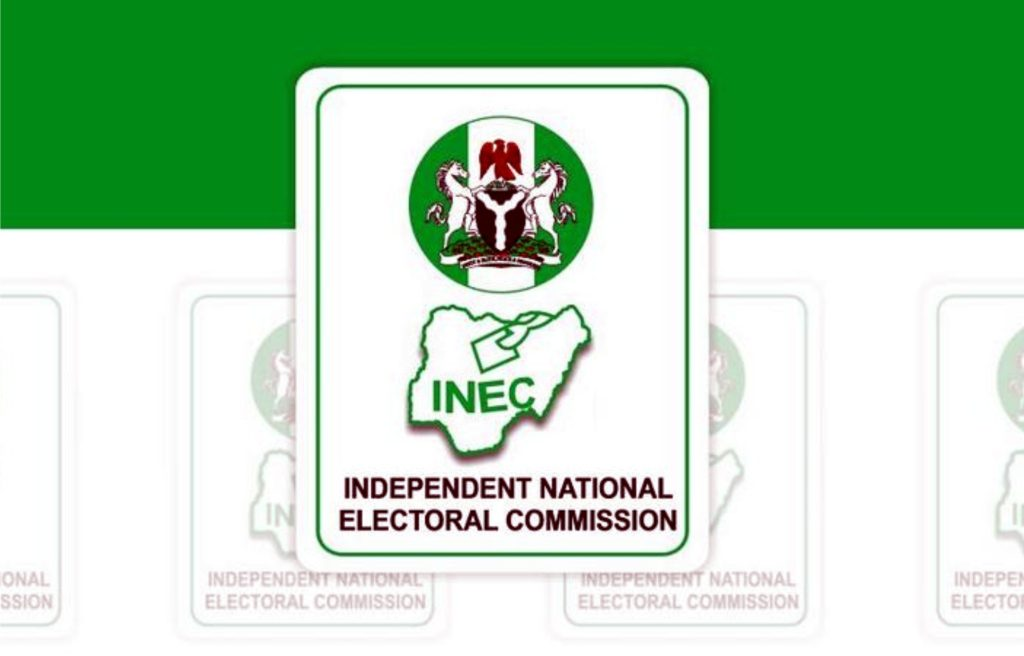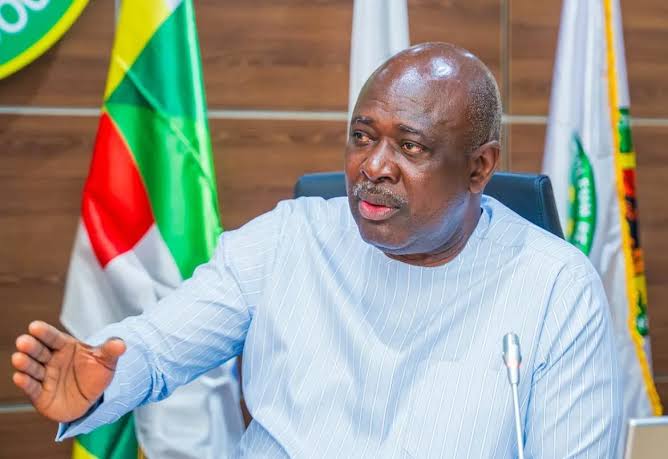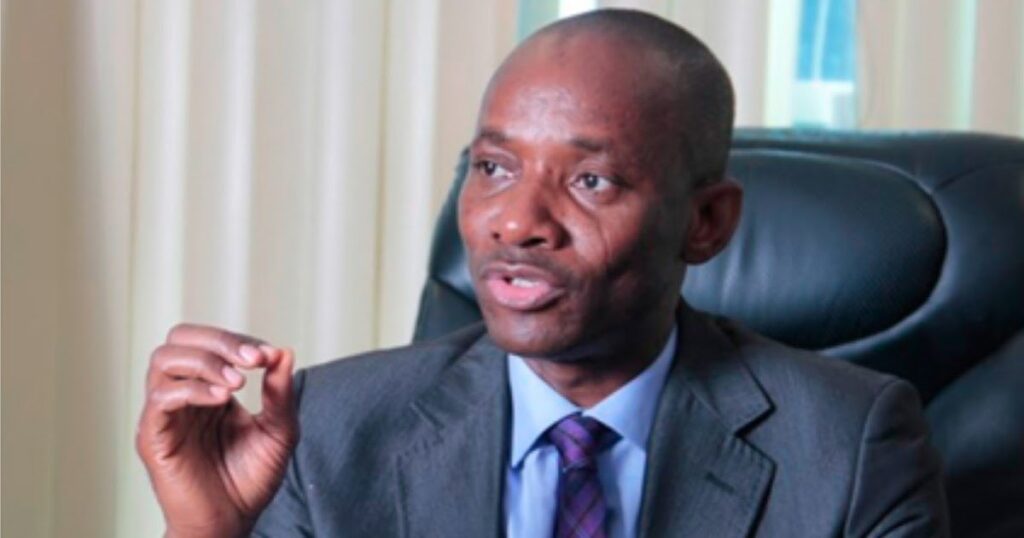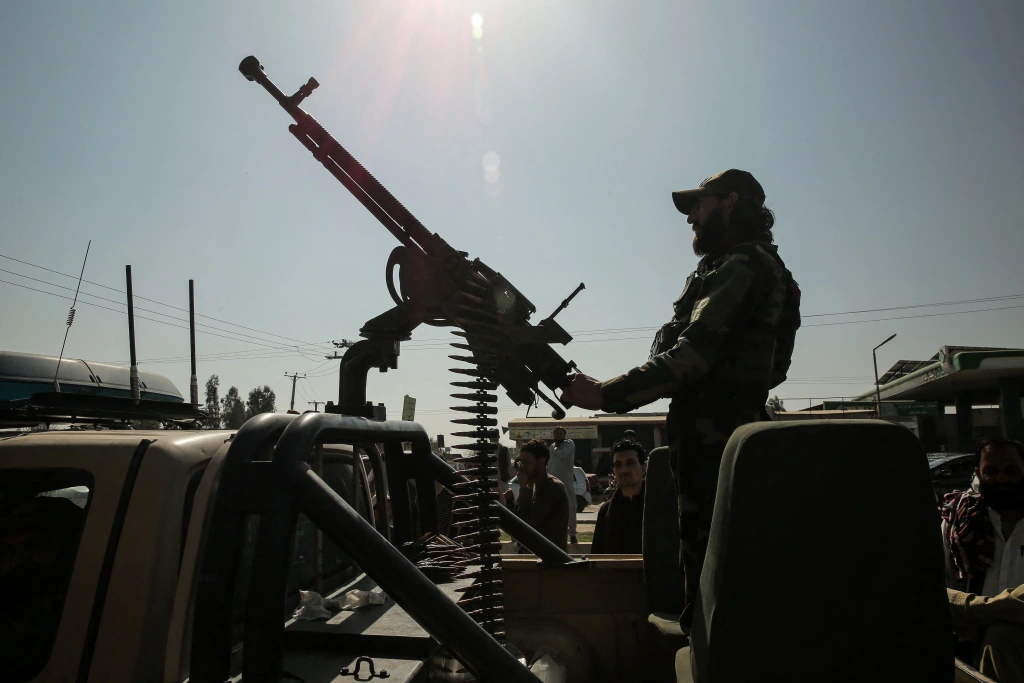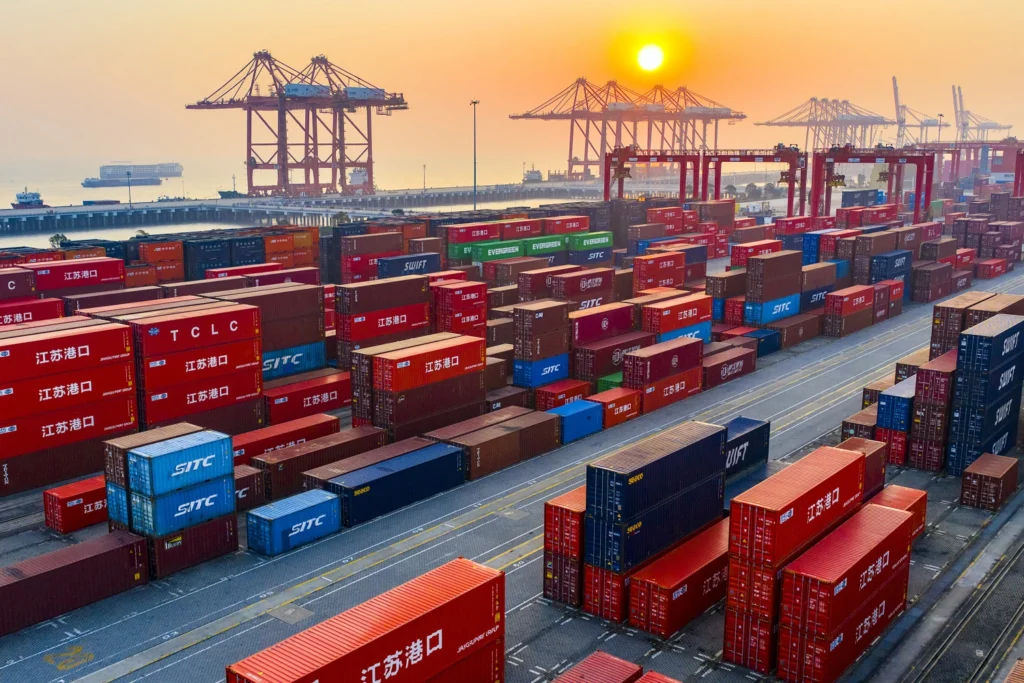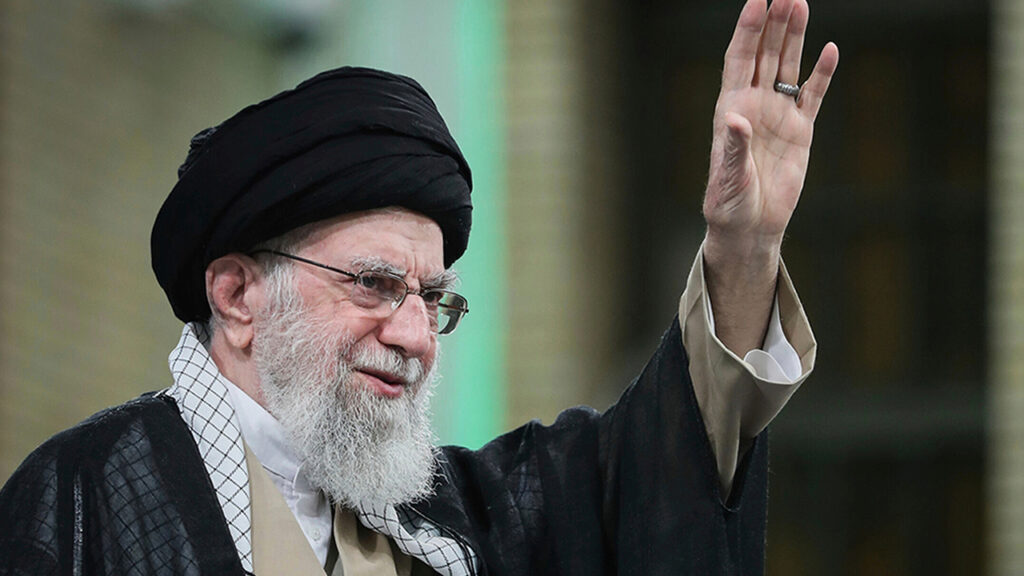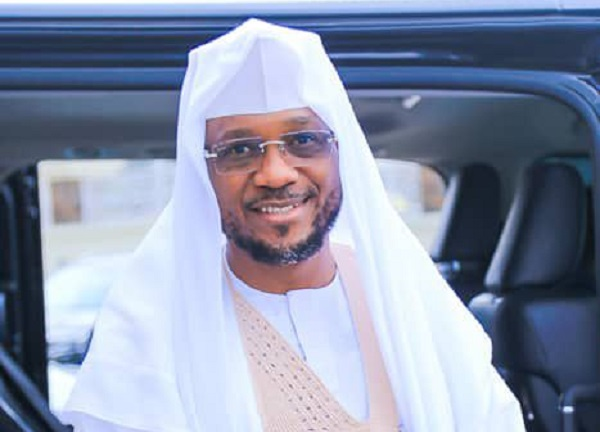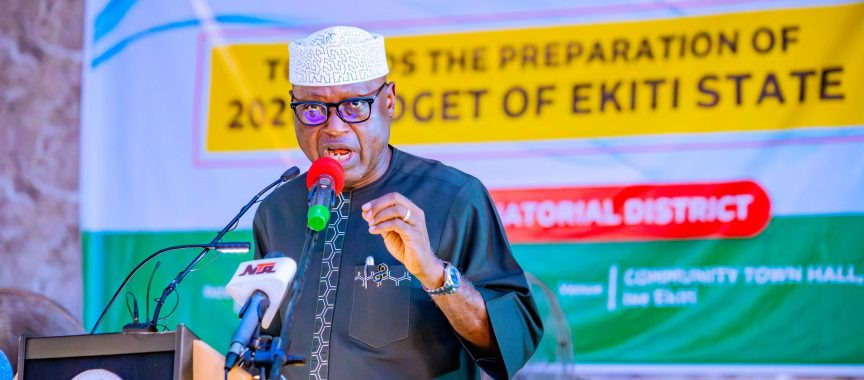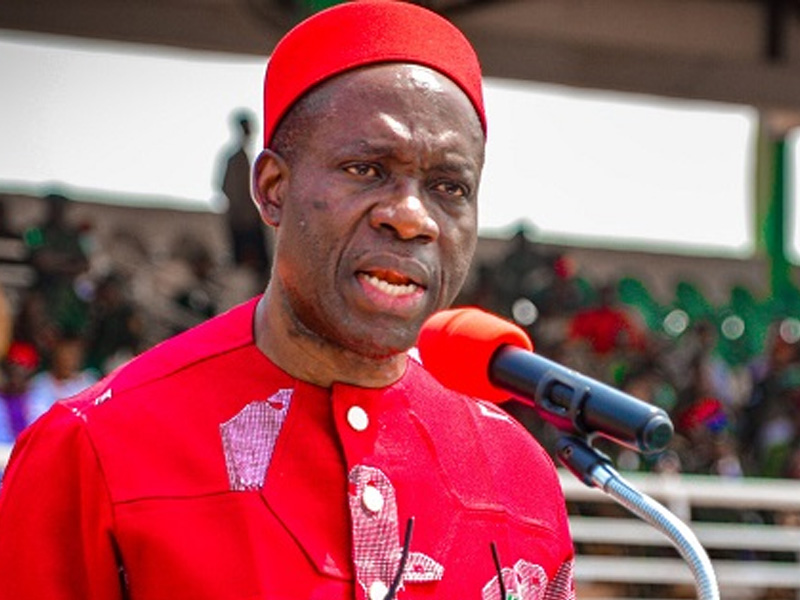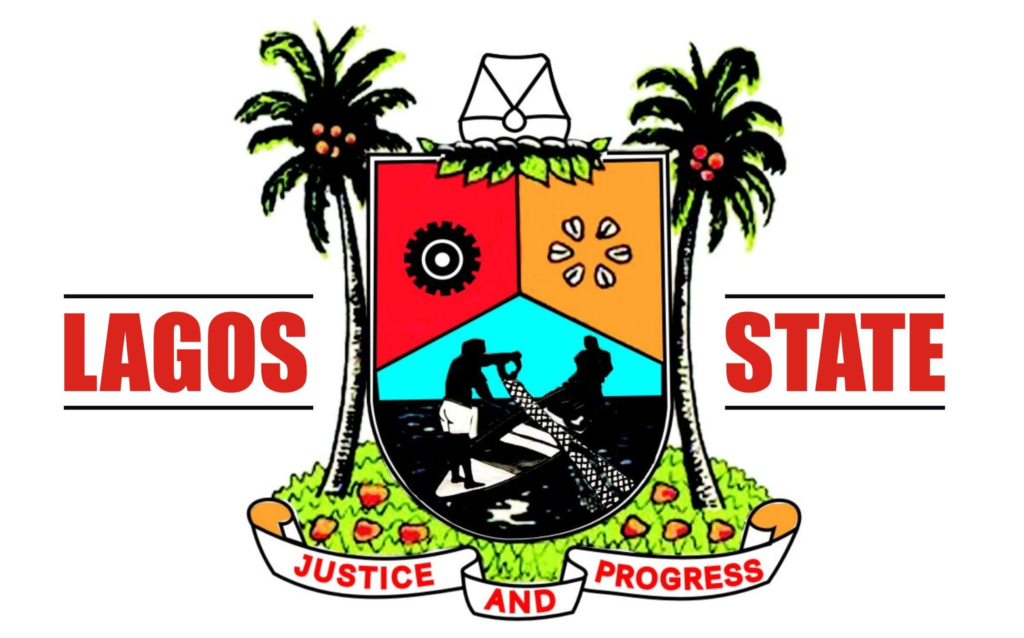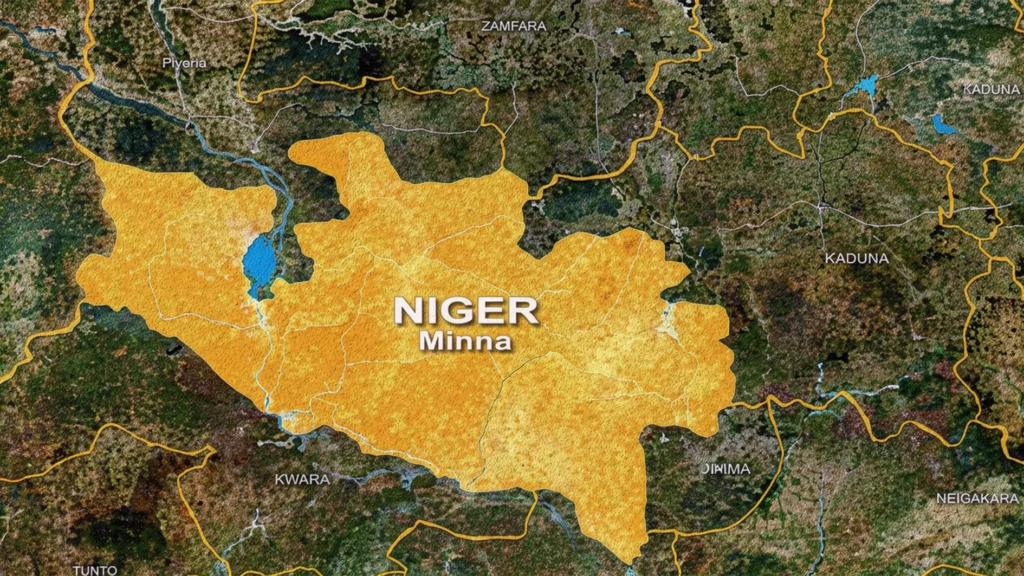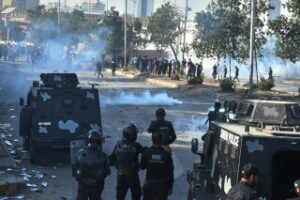Moldovans are voting in a crucial presidential run-off election that represents a choice between a European-aligned future and renewed Russian influence.
Current pro-European President Maia Sandu faces off against Alexandr Stoianoglo, her former chief prosecutor, whom she dismissed. Stoianoglo has vowed to pursue a balanced foreign policy between the West and Russia, with backing from the pro-Russian Party of Socialists.
Sandu and Moldovan authorities have cautioned that a fugitive oligarch, now in Russia, is allegedly attempting to sway the election in Moscow’s favor. The Kremlin, however, has denied any interference, similar to its stance on the recent contested elections in Georgia, which Georgian President called a “Russian special operation.”
Kremlin spokesman Dmitry Peskov stated, “We resolutely reject any accusations that we are somehow interfering in this. We are not doing this.”
In the first round two weeks ago, Sandu led with 42.4% of the vote, while Stoianoglo trailed with 26%, not enough for Sandu to secure an outright win. With support from candidates eliminated in the first round, Stoianoglo is expected to gain ground in this decisive vote.
After casting her ballot, Sandu urged Moldovans to resist attempts by “thieves” to undermine their independence, emphasizing the importance of preserving the nation’s sovereignty.
Stoianoglo, promising to be an “apolitical president” for all, stated he voted for “a Moldova that should develop in harmony with both the West and the East.”
Political analysts warn that a Stoianoglo victory could significantly shift the region’s political dynamics around the Danube and Black Sea, not because he is a “Trojan horse,” but because of the support he has received from Russia.
By early afternoon, a quarter of Moldovan voters had cast ballots, with large turnouts reported in Moscow, Belarus, and at polling stations across Romania, France, and Italy.







